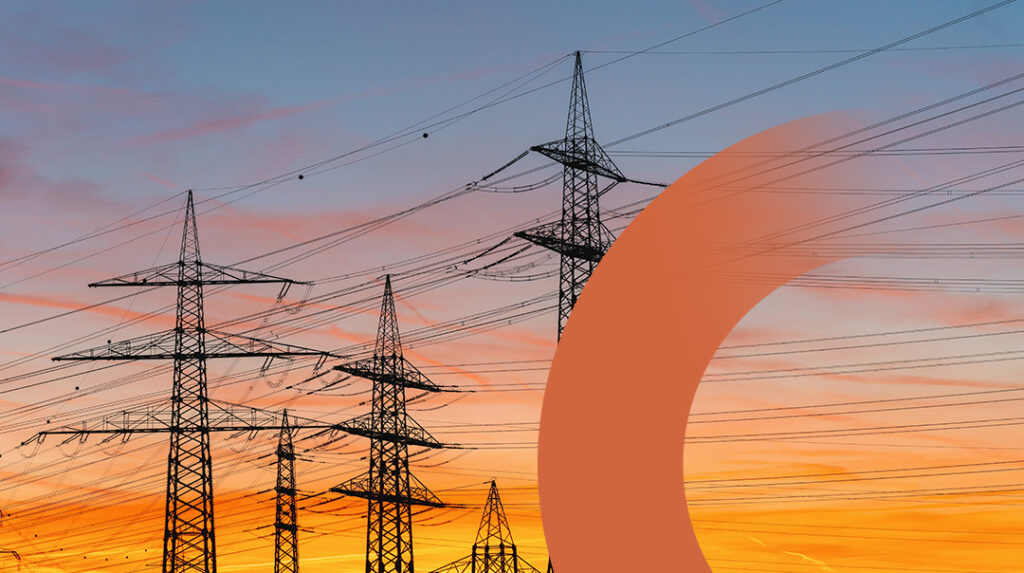27 July 2022

Creditors for Enova Community Energy and Enova Energy have voted in favour of Deeds of Company Arrangement (DOCA) for each company that will see the entities avoid liquidation and facilitate a better return for creditors.
The proponent was Energy Locals who purchased parts of the business and have structured the purchase in the form of DOCAs for each entity. For Enova Energy creditors, its DOCA also enables a return to creditors where a payment is made towards the DOCA when previous customers of Enova Energy switch to Energy Locals.
Cathro & Partner’s Principal Simon Cathro who is managing the voluntary administration commented, “This is the outcome we recommended and have been working towards with Enova. To date, Energy Locals have had a great response from previous customers of Enova switching away from the Retailer of Last Resort and moving to connect with Energy Locals. With these previous customers doing this, this results in funds being contributed towards the Enova DOCA and paying a greater return to creditors in Enova Energy.”
According to Enova Managing Director and CEO Felicity Stening, today was a positive step forward in what has been a disappointing development for the business.
“Today we made a plan forward to deliver a good return for creditors. While we are deeply saddened by the events over the past few months, we are determined to meet our obligations and ensure our stakeholders are looked after.”
Last month, the Enova Community Energy Board announced that Enova Community Energy and Enova Energy, its retail electricity arm, had been placed into voluntary administration.
This announcement followed a challenging period where Enova was unable to secure suitable wholesale energy price hedging following the ending of an agreement with Diamond Energy and limitations on it due to a cap on customer pricing.
Although the Enova Board and leadership team worked tirelessly to explore all options to secure the continuation of the business, voluntary administration was the last resort to prevent trading while insolvent.





